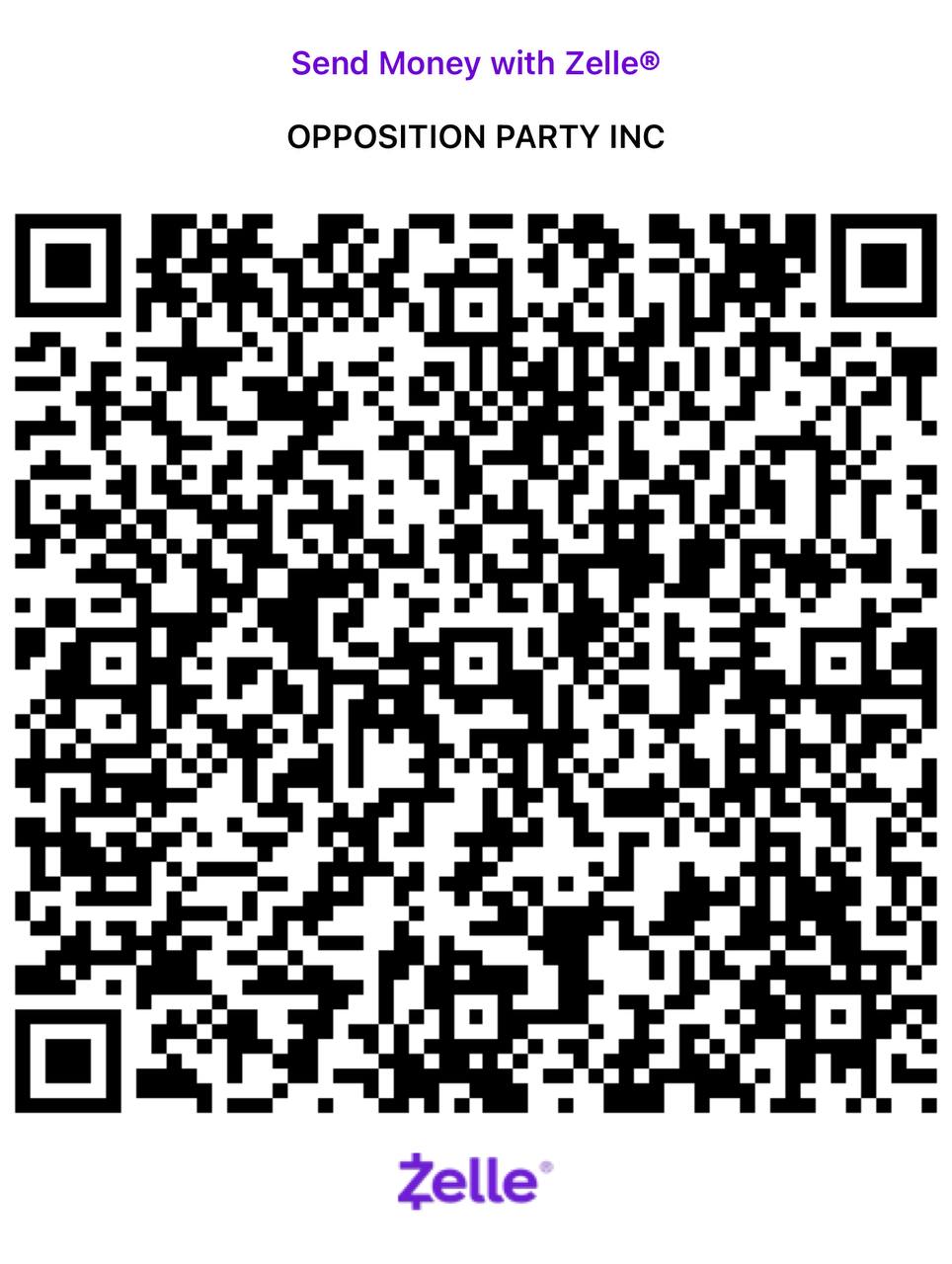作者:刘芳
编辑:李聪玲 责任编辑:钟然 校对:冯仍 翻译:刘芳
11月4日,香港娱乐圈豪门名媛向太陈岚(Tiffany)发布视频喊话:“奉劝各位千万不要移民美国,付出的代价是你想象不到!绝对不允许我的小孩移民美国,孙子孙女不准去美国读书,如果他们敢去,我把钱捐了,一毛都不留给他们。现在乞丐、流浪汉、瘾君子满街都是,枪战到处发生。有些有钱的朋友住美国很久了,这几年想搬回来,他们会觉得不安全,也被打劫过。”最后向太建议不要移民去美国,留学也没必要,工作、投资也不行。
刘芳-rId7-1920X1080.png)
珠光宝气的向太在豪宅里说这番话时流露出自己也不信的尴尬表情。抛开她的政治目的先不谈,她家庭的黑社会背景连移民台湾也无可能的事实暂且不表。这话和她有情有义、有勇有谋、直言直语的大女人人设也不符啊。这种说法不是第一次听到,在国内的时候,这种观点也非常普遍。国内媒体也会大肆宣传和放大美国的流浪者问题和安全问题。讽刺的是,中国权贵的子女无一例外的在常春藤大学留学。中国的贪官无一例外的在美国囤积巨额财富,并买房置业建立海外第二家庭。而中国普通家庭的父母却为孩子留学的安全问题忧心忡忡。与此同时,香港自从六四和国安法事件以后也出现移民潮。这里也不乏来美国追求自由的港人。难道他们都生活在恐惧中吗?
“向太们”特别爱举的例子,就是那些“满大街的流浪汉”。首先“满大街“就是不实报导。美国流浪汉只是集中在比如纽约和洛杉矶这些大城市的一些区域。比如洛杉矶的市区有几条街道和公园。我在第五街-第七街道(5th St / 6th St / 7th St)的部分路段,以及麦克阿瑟公园(MacArthur Park)见到过集中的流浪汉。我也在纽约街头能看到零星的流浪汉。但是同时我也能看到随时巡逻的警察,警车和直升机。我并不感到害怕。周围的人也不会。见识过公交车上大吵大嚷的精神失常者,被司机呵斥:“不要在我的车上嚷嚷”。在洛杉矶其他区域,流浪汉并不常见。其次,我没有遇到过袭击路人的流浪汉。他们大多无攻击性。刚刚到美国的时候我先生在便利店外看到了流浪者,被问:“你为什么要看着我?” 先生解释说他只是过去便利店买点东西而已。“哦,原来这样”他和我先生击了个拳,表示友好,然后每次路过都如此。他们等在那里是因为每天便利店会把未销售完的热狗留给流浪者。相反,他们大多是人群中的弱势者和少数者。这些人中有一部分是自愿选择了流浪的生活方式,他们并不认可朝九晚五工作的价值观。认为人不是天生就要社会化和工作的。有一部分是不同程度的精神失常者,失业者。也有无法戒掉毒瘾的人。但在美国人看来他们是需要帮助的弱者。很多店铺和义工会对他们提供帮助。社会也提供了避难所,廉价住房,现金和食物。
就这一点美国媒体天天骂,美国选民天天批评,美国地方政府天天被骂得抬不起头。因为在美国,媒体可以骂政府,人民可以骂市长,记者可以追问州长的不作为。而在某些地方,不是没有流浪汉,而是流浪汉“消失得很快”,谁也不知道是被送去救助站,还是被送去“重新认识人生”,抑或是送去为要活150岁的老贼提供“零件”了。于是,街道当然干净,连自由的影子都被清洗得一尘不染。两种制度一对比,我们就不难看清,一个是对人的各种选择的尊重,尤其是弱势群体。一个是强制驱逐和关押,只为了所谓虚假的城市清洁和繁华。
再说吸毒问题。美国吸毒严重?是的,严重到立法、司法、医疗体系都在公开讨论、争辩、痛苦改革。而在另一些国家,吸毒当然不存在,因为毒贩只要和权力合流就能从轻发落乃至消失,而中国本身就是出口芬太尼前体的世界最大的贩毒集团,毒害无数美国年轻人,中共媒体却要把中国报道成世界上唯一的净土。
枪战?国内某些人最喜欢用“美国枪战多”来吓唬大众,好像一出门就会被子弹追着跑。可他们从来不会告诉你,美国之所以强调自我防护,是因为权力永远不能垄断所有武力。美国的问题并不是“坏人有枪”,而是好人也有能力说不;不是“社会危险”,而是他们相信一个普通公民不该完全依赖警察来决定自己的生死。
在美国,枪击案会被报道、被追责、被批评,因为社会认为这是政府保护公民安全的失败;而在另一些国家,遇到不正义的所谓执法行为,你不能拥有任何自保手段。“向太们”最害怕的其实不是美国的枪声,而是美国背后的逻辑——一个普通人可以拥有最后一道对抗邪恶的权力,而不是把生死完全交给政府。这种权力,不是鼓励暴力,而是提醒政府:公民不是臣民;暴力不能被单方面垄断。正因为美国相信“人民拥有力量,政府必须克制”,所以社会的透明度、新闻的自由度、公共讨论的激烈程度,都远超那些空气静悄悄却连真相都不敢讨论的地方。枪声当然可怕,但比枪声更可怕的,是一个社会的人们连保护自己的权力都不存在,只能寄希望于“正义不会迟到和缺席”这种童话。
于是,“向太们”的逻辑就顺理成章:美国没有秩序,因为这里允许你批评政府;美国没有人权,因为这里允许穷人存在;美国不安全,因为这里允许媒体报道真实社会。这听上去荒谬,却是封闭叙事下最自然的产物——别人越乱,才衬托“我们越稳”。
他们真正害怕的,从来不是美国的治安,而是美国的透明;不是自由造成的“乱象”,而是自由带来的“对比”。他们不让孩子来美国,并不是因为美国糟糕,而是因为美国太自由、太平等、太公平:足以让下一代看清原本的世界有什么问题。
更讽刺的是,那些最爱骂美国“水深火热”的人,最爱在美国投资、买房、度假、转移资产、送孩子读书;一边吃着美国牛排,一边指点美国腐烂。
但美国从来不是为害怕的人准备的。
美国的精神,是独立,是自由,是公民对自己命运负责的勇气。
这是属于敢选择、敢担当、敢说“不”的人们的土地。
如果一个人连真实世界都不敢看,连自由都觉得危险,那确实不适合美国——不是美国太可怕,而是自由太真实。
而我看到的美国,是一位台湾移民朋友对我说的那样:“我在大陆长大,台湾读书,走过许多地方。我爱美国,也爱这里善良正义的人。我留下来,因为我愿意为这个社会出力。”朴素一句话,比所有豪门式的“忧国忧民”都更有力量。
When the Rich Lecture America: Who Creates Fear, and Who Escapes Lies
Abstract: This article responds to Tiffany Chen’s negative remarks about the United States, arguing that although America faces issues such as homelessness, drug use, and public safety issues, its transparency, accountability, and respect for the vulnerable give it deeper value. Those who fear America are not afraid of violence—they are afraid of freedom and comparison.
Author: Liu Fang
Editor: Li Congling Executive Editor: Zhong Ran Proofreader: Feng Reng Translator: Liu Fang
On November 4, Hong Kong tycoon and socialite Tiffany Chen released a video warning people: “I advise everyone never to immigrate to the U.S. The price you pay will be unimaginable! I will absolutely not allow my children to immigrate to America. My grandchildren are forbidden from studying here. If they dare to go, I will donate all my money and leave them nothing. The streets are filled with beggars, homeless people, addicts, and gunfights happen everywhere.” She concluded by telling people not to immigrate, not to study abroad, not to work in America, and not to invest here. As she delivered this message from inside her luxurious mansion, even her own expression betrayed a hint of disbelief. Leaving aside her political motives—and the fact that her family’s organized-crime background would likely prevent immigration to Taiwan—the statement itself does not match her long-established public persona of being brave, loyal, and straightforward. But similar claims are extremely common in China. State media often magnifies homelessness and crime in the U.S. as evidence of societal collapse.
刘芳-rId7-1920X1080.png)
The irony, of course, is that no Chinese elite actually believes the propaganda they repeat: their children all study in the Ivy League, corrupt officials funnel their assets into American banks, and wealthy families quietly buy up California real estate—while ordinary Chinese parents are terrified of their children studying abroad. Meanwhile, since the National Security Law, Hong Kong has seen a major wave of emigration. Many Hongkongers came to the U.S. in pursuit of freedom. Are they all “living in fear”? The claim that the U.S. is “full of homeless people” is false. Homeless populations in America are concentrated only in certain areas of big cities—for example, a few blocks around 5th–7th Street in downtown Los Angeles or parts of MacArthur Park. New York also has homeless individuals, but they are scattered. Meanwhile, police cars and helicopters patrol constantly. I’ve never felt unsafe, nor do most people around me. Most homeless individuals are non-violent. Many are mentally ill, unemployed, addicted, or simply reject the conventional work-life mindset altogether. But in American society, they are viewed as people who need help, not as nuisances to be “removed.” Stores and volunteers offer food. Cities provide shelters, low-cost housing, and assistance programs. And here lies the biggest difference: In America, the homeless problem is reported, criticized, debated, and challenged—every day. Media exposes government failures, citizens scold mayors, journalists question governors. But in certain other places, homelessness “disappears quickly.” Whether they were taken to a shelter, a labor camp, or somewhere far worse—nobody asks. When a society’s cleanliness is achieved by removing people instead of helping them, you can certainly have spotless streets—and a level of fear that is far deeper than any urban disorder. America’s drug crisis is real—so real that it is openly discussed in legislation, courts, and hospitals. But in some countries, there is “no drug problem” only because traffickers survive by aligning with power structures, and fentanyl precursor chemicals—exported in massive quantities—ruin countless American families. Yet propaganda paints China as the world’s only drug-free “pure land.” Critics love saying, “America has so many shootings!” as if stepping outside means being hunted by bullets. They never tell you: The right to self-defense prevents power from monopolizing violence. America’s problem isn’t simply “bad people have guns”—it’s that ordinary people also have the right to say no to tyranny. Here, gun violence is viewed as a government failure and openly reported. Elsewhere, when unjust violence comes from “law enforcement,” ordinary people have no right to resist at all. What people like Tiffany fear is not American gunshots—but the American logic behind them: A citizen is not a subject. The government is not entitled to absolute power. A free person must always have a final layer of protection. Freedom creates “chaos,” yes—but it also prevents tyranny. Order built on silence is not stability—it is fear. The logic of “America is unsafe” is simple: America is dangerous because it allows criticism. America is chaotic because it allows the poor to exist. America lacks order because the media shows reality. Absurd? Yes. But within a sealed propaganda ecosystem, it makes perfect sense. They fear America because freedom creates contrast—and contrast exposes lies. They are afraid their children will come here, experience dignity, rights, equality, transparency, and finally understand: The problem is not the world—it is the system they once lived in. The final irony: Those who shout loudest about “America’s collapse” are the same people who buy property in Los Angeles, hide assets in U.S. banks, send their children to American universities, and spend summers vacationing in Hawaii. They enjoy the steak—but curse the ranch. America is not a place for the fearful. Its spirit is independence, responsibility, and the courage to face reality. If someone feels “freedom is too dangerous,” then indeed—America is not suitable for them. Not because America is terrible, but because freedom is too honest. As a Taiwanese friend once told me: “I grew up in the mainland, studied in Taiwan, traveled many places. I love America and the kind, just people here. I stayed because I want to contribute to this society.” Simple words—far more meaningful than any billionaire’s performative concerns.

马群-rId5-1280X960.png?w=218&resize=218,150&ssl=1)
张宇-rId5-1267X713.jpeg?w=218&resize=218,150&ssl=1)
赵令军-致敬金明日牧师-rId5-881X614.jpeg?w=218&resize=218,150&ssl=1)
张致君-rId5-1023X575.jpeg?w=218&resize=218,150&ssl=1)


钟然-rId7-911X672.jpeg?w=100&resize=100,70&ssl=1)

